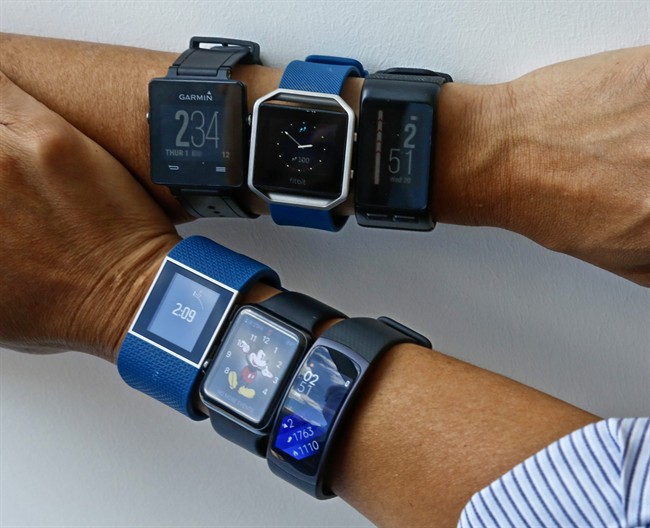As more and more people connect to the Internet every day through social media, wearable devices, cars and appliances, they are creating vast amounts of data that is being used to fuel the growth of new and old businesses alike.

Today, entire sectors of our modern commerce are based on a very big bet — that businesses will always have unrestricted, free access to whatever data they need for their own financial success. Blockchain this, AI that. This premise is so important that it will drive what some are calling the fourth industrial revolution.

WATCH ABOVE: Canada’s privacy commissioner investigating Facebook data breach
It is so important that governments around the globe are investing taxpayers’ dollars in a push to make their nations a leader in AI or in a hope that a small algorithm based start-up will become the next big tech giant that employs tens of thousands of citizens.
But what if they’re all wrong?
What if data turns out not to be free and unrestricted? What if countries decide that national data borders matter? What if people decide to exert ownership rights over their personal information and the data they create every day by being connected? What if we all say that even though we can, maybe we shouldn’t? Or at a minimum, maybe YOU shouldn’t — at least not without my direct, informed consent, and certainly not for free.
Given recent events and the state of public opinion on this subject, this is becoming a very real possibility. And the consequences are huge.

WATCH ABOVE: High-tech Toronto plan may intrude on your privacy
Most Canadians do not think that the company they gave their data to, or that they allowed to collect their data as part of their service subscription, owns it. In fact, 74 per cent of Canadians say that the data collected by private companies should be owned by the citizens they collect it from. Even more (82 per cent) agree that if companies are selling their personal data or the data they generate through their day-to-day activities, they should know in advance whom they are selling it to and for what purposes. And 74 per cent want a cut of the money that these companies get for selling their data.
Basically, we all would like to receive dividend cheques for the data we generate when watching or listening to a streaming service, wearing an exercise monitor or driving our car.
Privacy agreements are complicated and most people don’t read them. They willingly choose convenience over their privacy concerns. But if people feel wronged, they will act. Maybe they won’t have legal recourse, but people do have opinions, and as we have seen in recent weeks, people do get angry. They strike out. They vote. They unsubscribe. They boycott.
- Posters promoting ‘Steal From Loblaws Day’ are circulating. How did we get here?
- Video shows Ontario police sharing Trudeau’s location with protester, investigation launched
- Canadian food banks are on the brink: ‘This is not a sustainable situation’
- Solar eclipse eye damage: More than 160 cases reported in Ontario, Quebec
Companies may need to recalibrate their business models when they eventually start to pay people for their data. They will need to be ever conscious that they don’t break the law, or more importantly, the spirit of their privacy and confidentiality agreements.
But this isn’t just an issue for Corporate Canada. Governments may also feel the wrath of being out of step with Canadians views on data ownership.
A strong majority (75 per cent) of Canadians say that data collected by governments should be owned by the citizens they collect it from. Seventy-two per cent of Canadians agree that data generated by Canadians should be protected and regulated like a natural resource, and most natural resources generate royalties for governments. And 62 per cent of Canadians agree that private companies which use public data collected by governments should pay governments a royalty fee for this data.
While these views may be somewhat in conflict with the open data movement across governments today, I think the issue of a royalty fee on government data is one whose time will someday come. There isn’t a government at any level in Canada that isn’t looking for new sources of revenue. As robots replace workers and the gig economy becomes the norm, the options for growing revenue through income tax will become more challenging. It is not hard to predict the outcome of a policy or an electoral debate that pits higher income taxes against a small royalty on the data that companies get from governments to generate the funds required to expand social programs.
If the Economist is correct, and data is indeed the new oil — the commodity that will drive growth and re-shape our economy — then those who are starting to mine the deep reserves of data held by certain companies and governments should do so cautiously. Remember the old saying: “There is no such thing as a free lunch.”
Mike Colledge is president of Ipsos Public Affairs Canada.



Comments